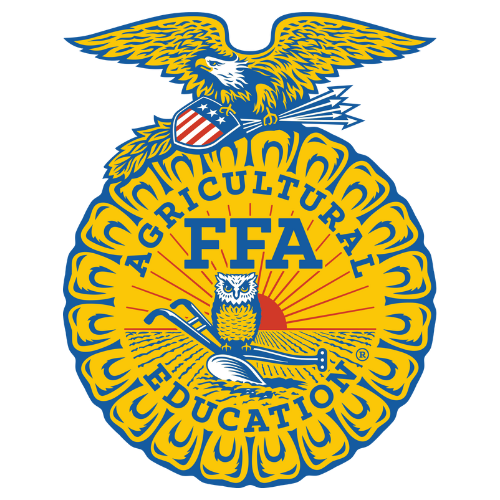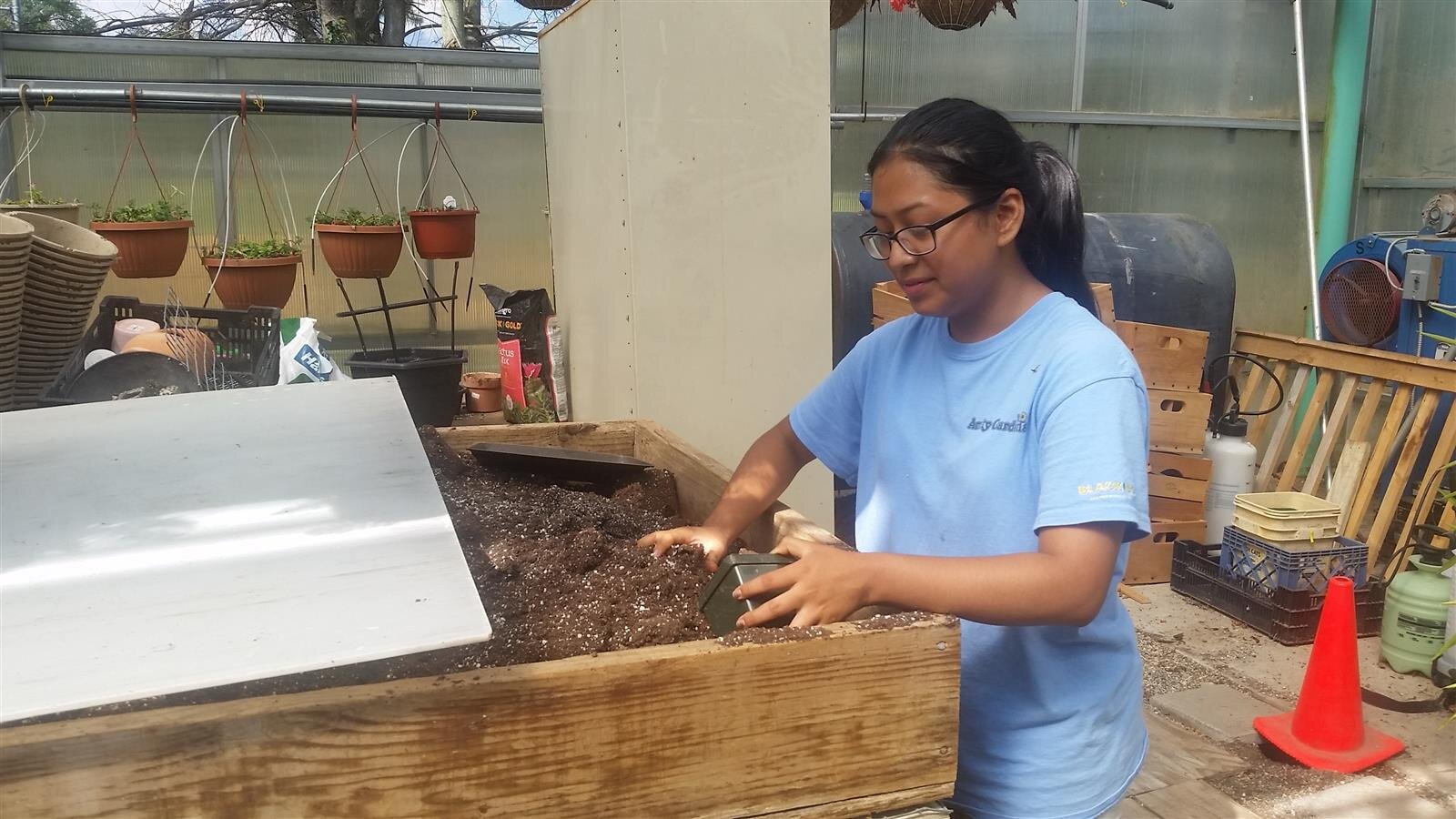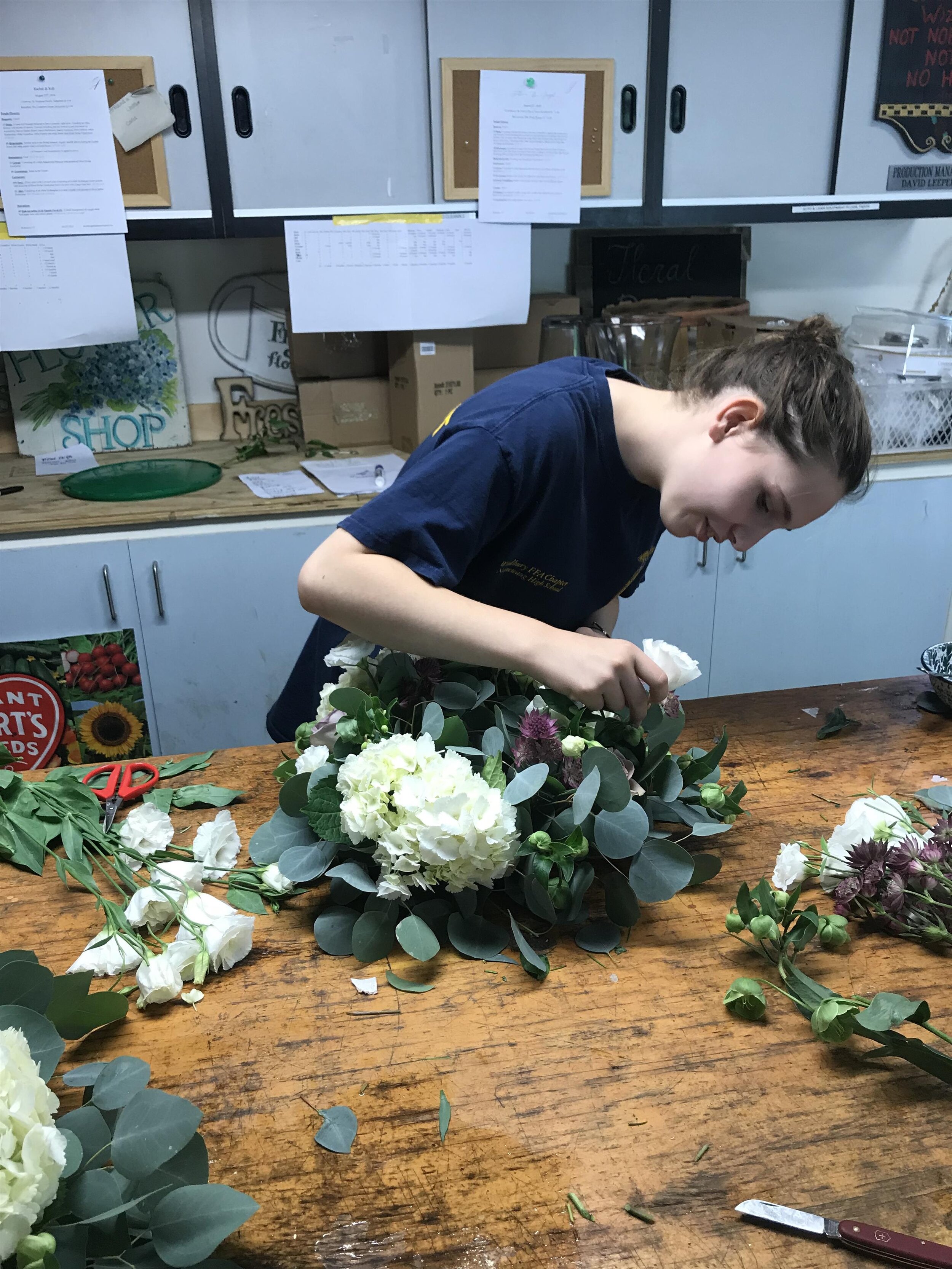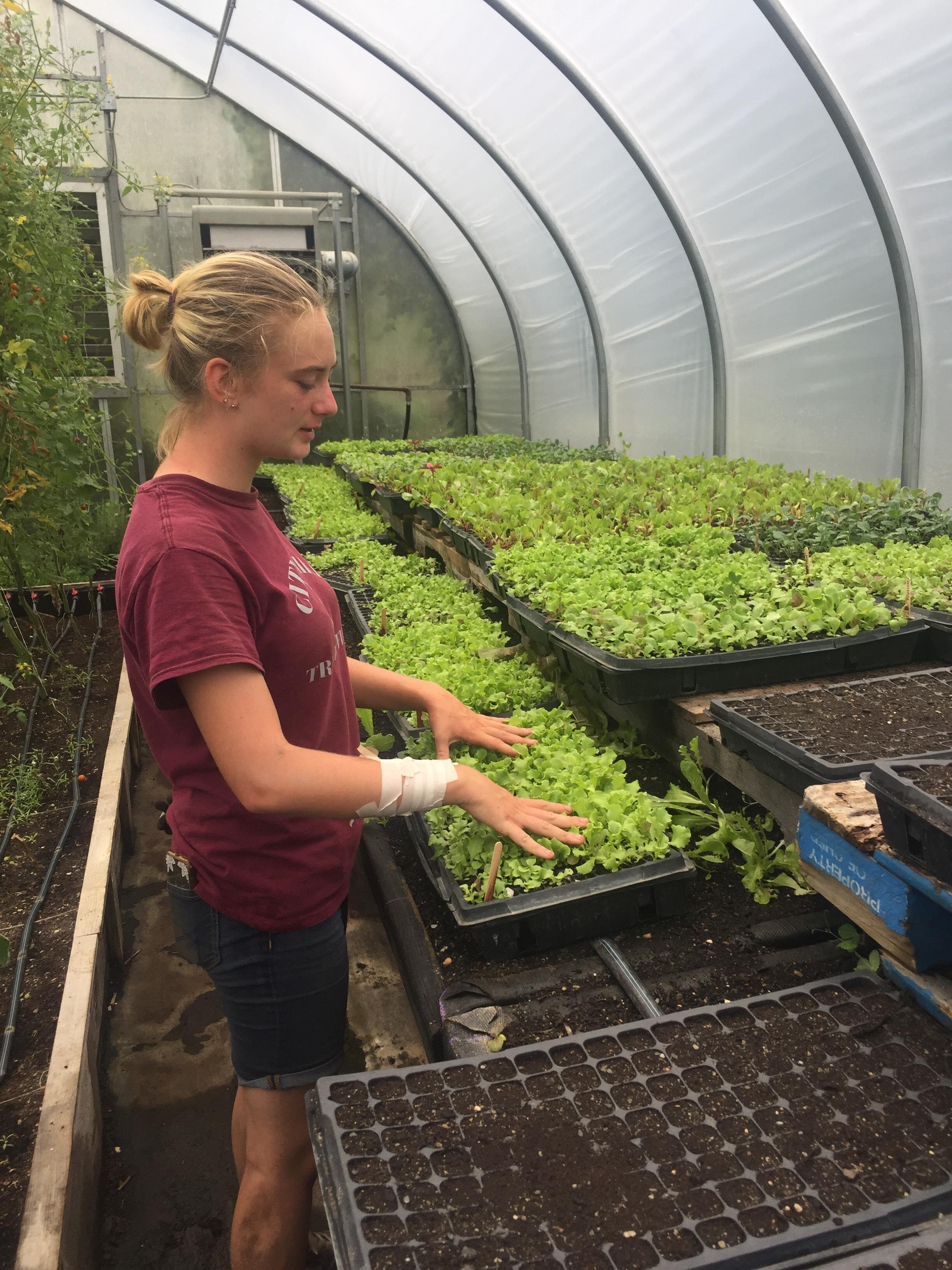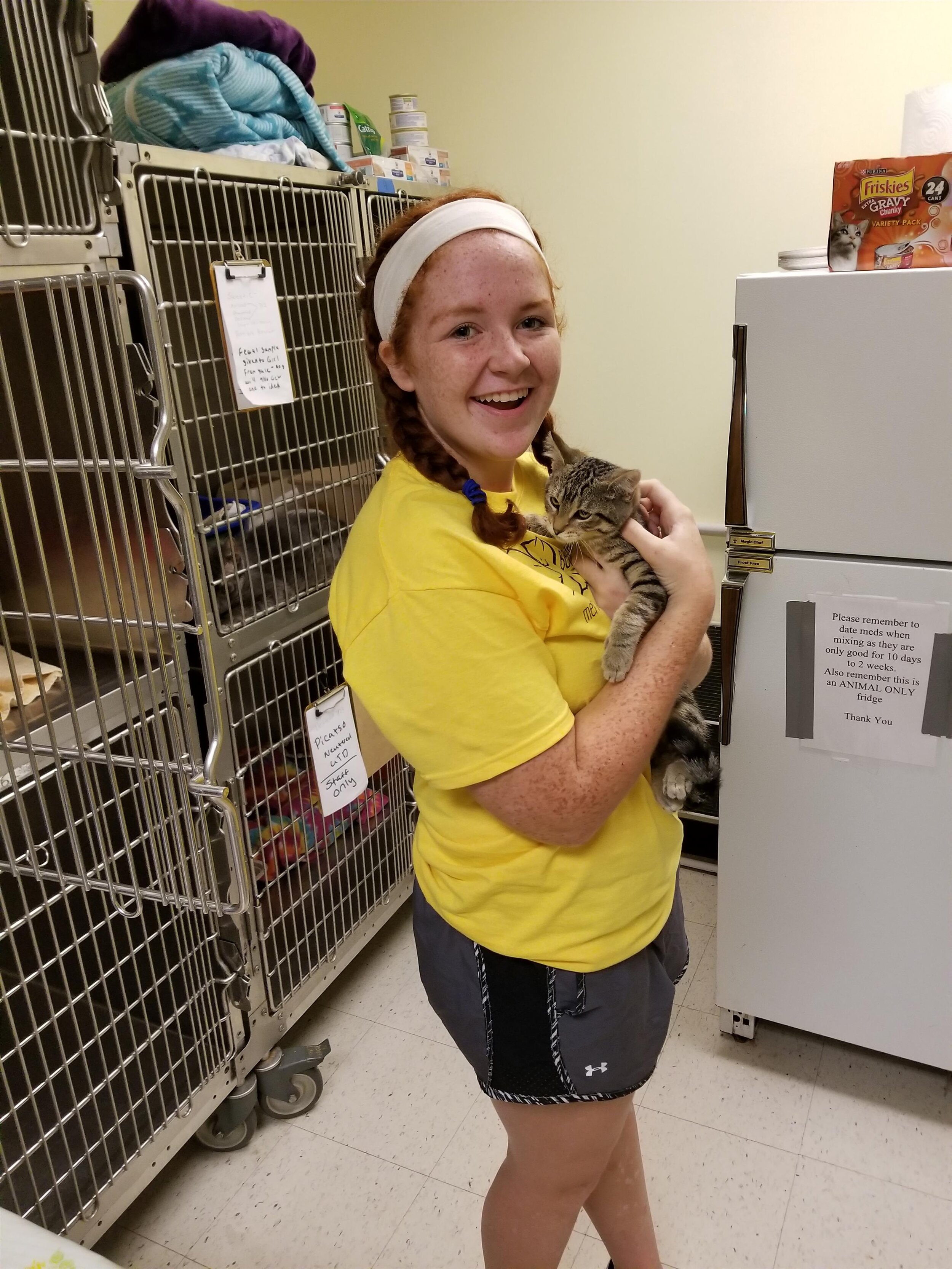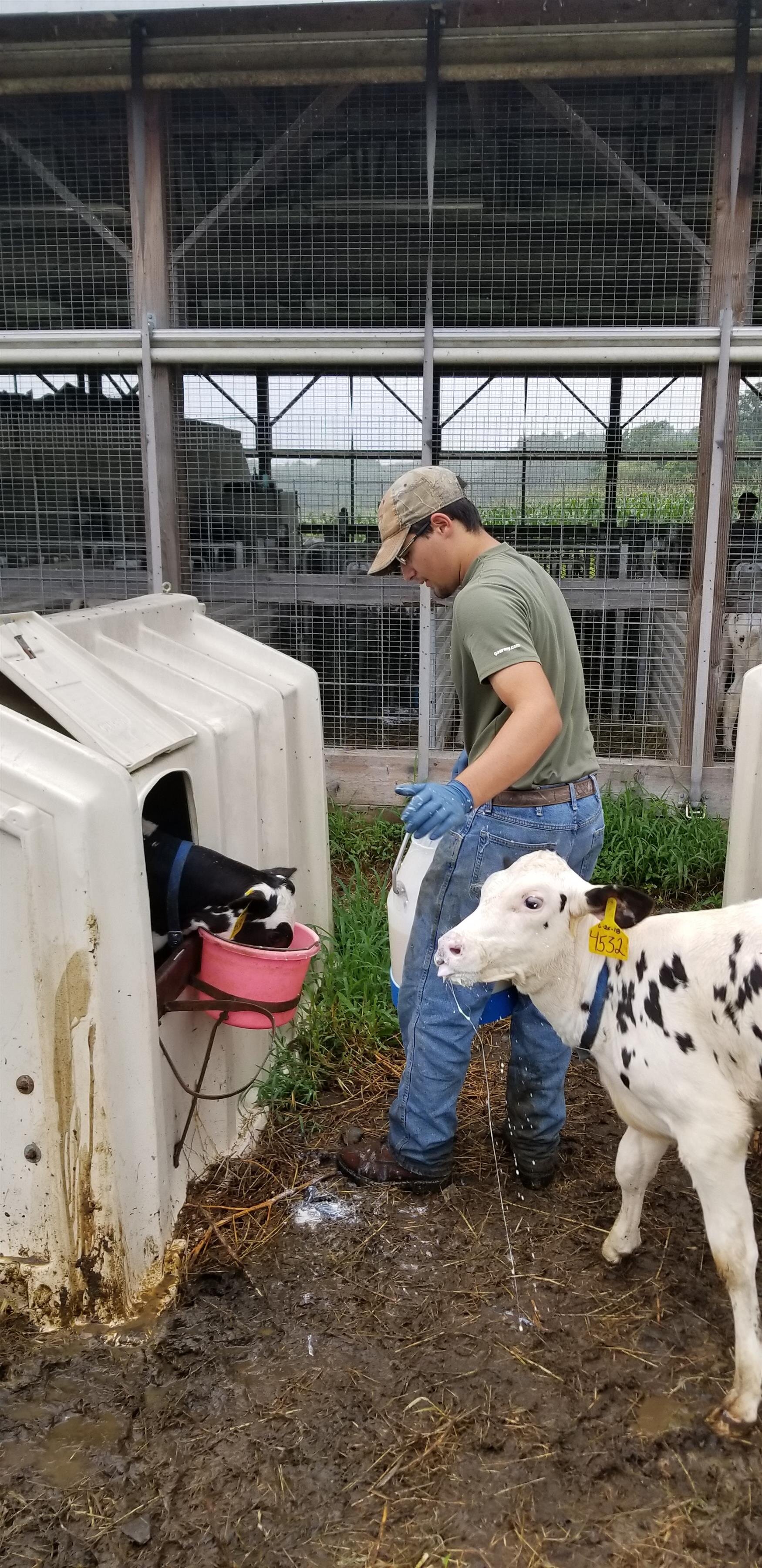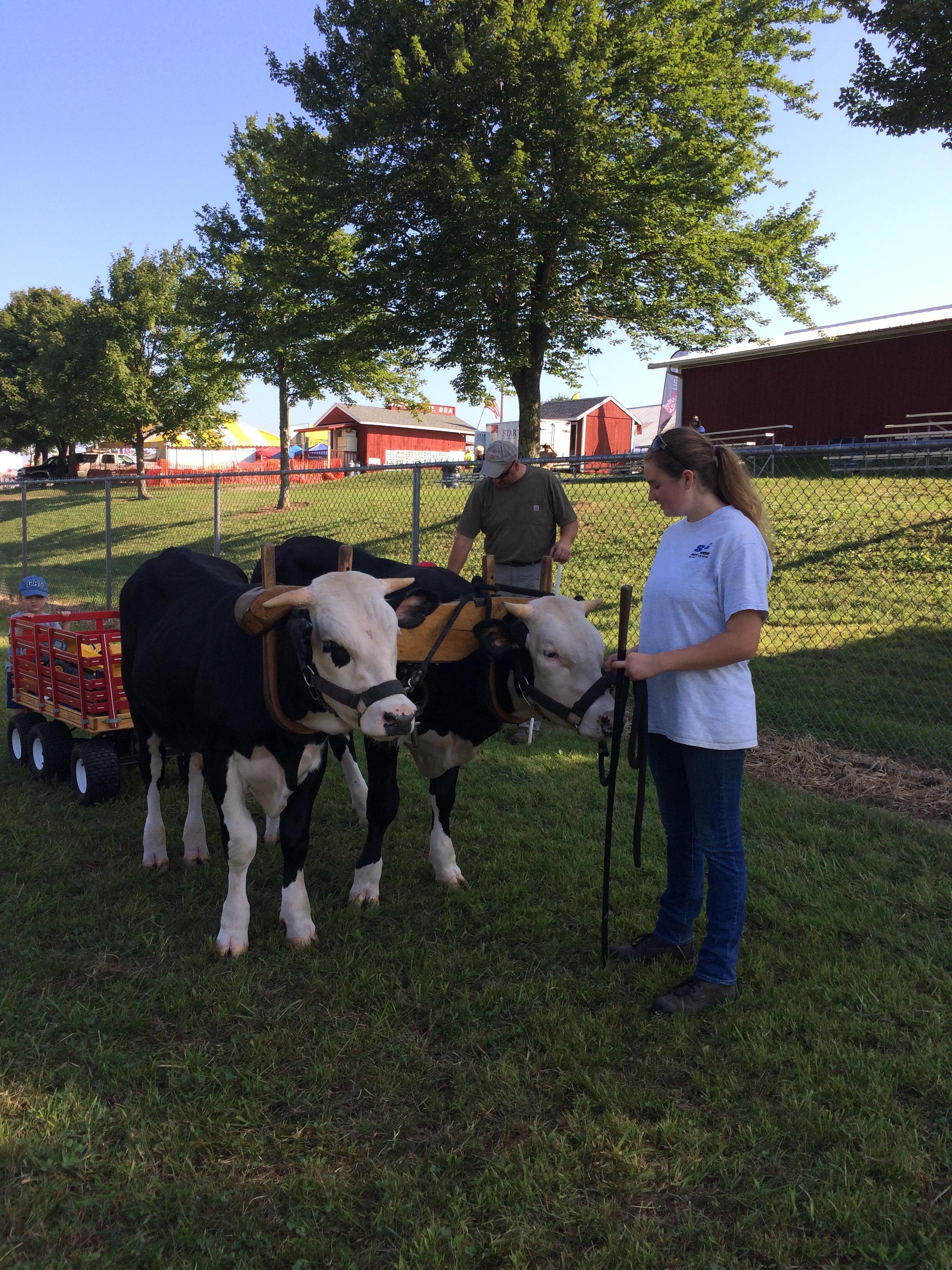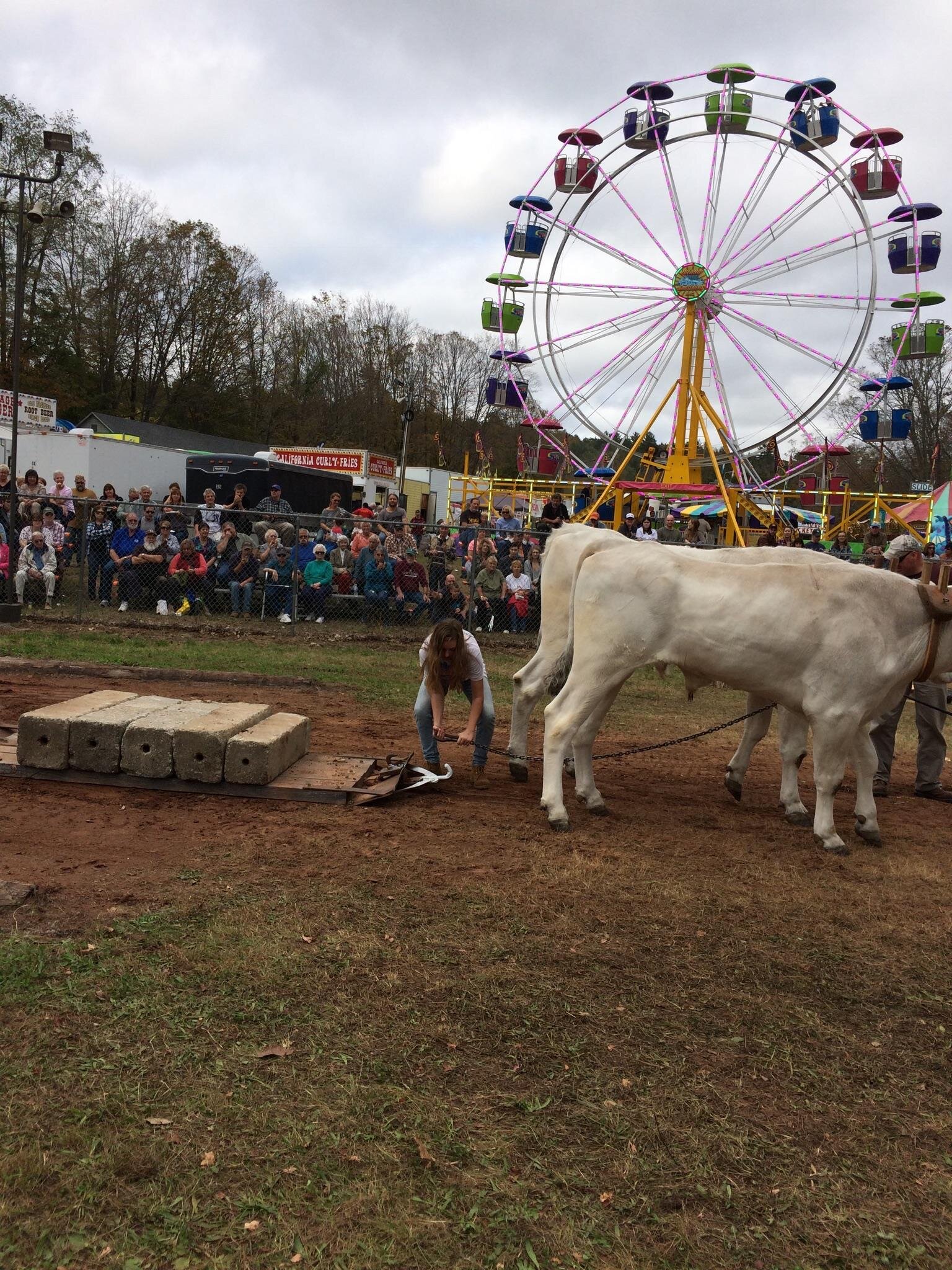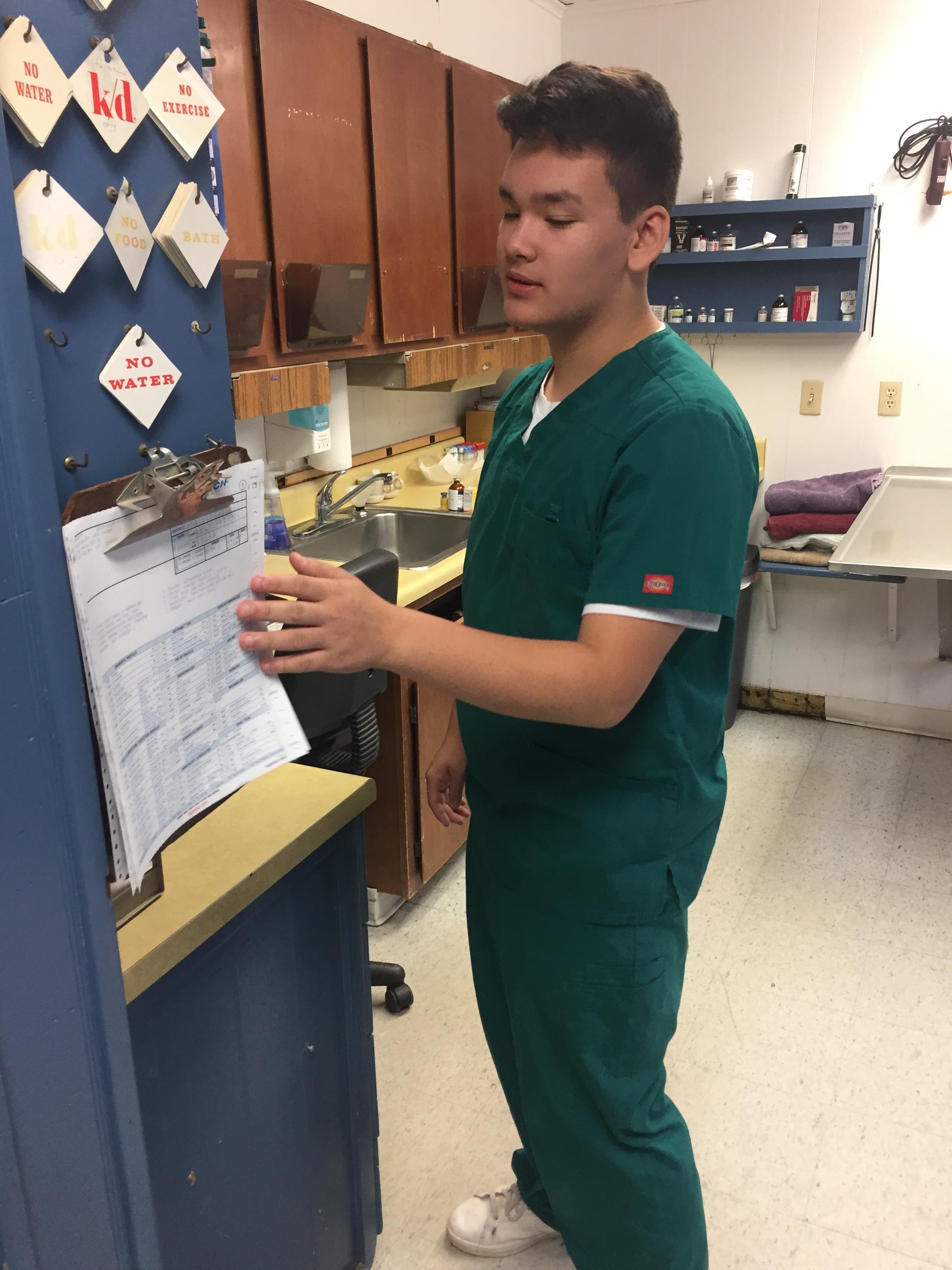Supervised Agricultural Experience
SAE, which stands for Supervised Agriculture Experience, is an agricultural experience that students are required to get throughout their sophomore, junior, and senior years in the agriculture program. Through their SAE, students are able to pursue their passions in agriculture through hands-on learning, real life experiences and develop employable “soft” skills that will aid them when they pursue a career. The SAE allows students to discover career options, learn how to act in the workplace, and develop and refine skills related to their SAE. Students apply knowledge from the classroom and apply their leadership skills from the FFA in order to be a successful employee at their SAE.
Types of SAE
Paid Placement
The most popular option for SAE at Nonnewaug is the paid placement. In this SAE, students work at an agriculturally related business that is approved by the agriculture department. Students must be paid if they are working at any facility other than a 501(c)3 registered nonprofit. Examples of paid placements include working at veterinary offices, floral shops, farms, and dog boarding kennels.
Unpaid Placement
Students may be able to work unpaid in one of two ways:
Students may work unpaid at any facility that has 501(c)3 nonprofit documentation given by the state. A copy of the documentation must be given to the SAE coordinator if it is a new location. Popular examples include working at nature centers, therapeutic animal facilities, and animal rescues.
A program called the Unpaid Experiential Learning Program (UELP) through the Department of Education and Department of Labor allows students age 16 and older to work unpaid at a facility that is not a nonprofit. There is additional paperwork that must be done beyond the normal forms, additional safety training, and there are some restrictions on the type of work that may be done. The student may only accumulate a total of 120 hours per calendar year from this option. After that period they must either get paid or find a new SAE.
Entrepreneurship
Students who choose to run and manage their own business may participate in an entrepreneurship. The student must submit a business plan, apply for grants, maintain a two way cash flow of profit and expense, and demonstrate measurable growth each year in order for an entrepreneurship to be approved. Popular examples of entrepreneurship SAEs include lawncare and landscaping businesses, raising and selling of livestock and/or their products in accordance with the laws and regulations set by the DoAg, and floral design businesses.
Frequently Asked Questions
How do I get my SAE approved?
One you get a new SAE, please fill out an SAE Proposal Sheet found on the NHS Agriscience Google Classroom and email the shareable link to your SAE teacher and Mrs. Jedd. Mrs. Jedd will then give you your state paperwork to be signed, and then return it to her. Once it is received and signed, your SAE is good to go. Every SAE has to be renewed every year.
How is SAE recorded?
Students record their SAE plan, hours, finances, learned skills, and reflect on their growth in their SAE through a website called theaet.com. This website is approved by the school, and also allows students to fill out award applications and grants related to their SAE. Each student has their own account, and the login information is as follows:
Chapter Number: CT0014 (zeroes, not O’s)
Username: First Initial and Last Name in most cases (ex. JSmith or HWhite)
Password: Is made by the student. If a student forgets their password, they may ask a teacher to reset it.
How is SAE graded?
Students are graded on the completeness of their recordbook as measured by a rubric. The rubric is available to students in the message center on the wall as they enter ag, and is also available on the NHS Agriscience Google Classroom. This counts for a portion of their class grade.
Students also obtain a separate credit for their SAE. They receive 1/2 credit on a pass/fail basis yearly for meeting the hour benchmarks.
How many hours are students required to get each year?
Students are required to obtain 200 hours per year. The SAE year is from June 1 to May 31. Students begin accruing hours on June 1 of their freshman year. Students are required to meet certain benchmarks, but since many ag jobs are seasonal, hours may roll over from benchmark to benchmark to make up for slow seasons. Hours may not roll over from year to year, however. The hour benchmarks are listed below:
June 1- September 1: 100 hours
September 2-November 1: 125 hours
November 2-January 15: 150 hours
January 16-March 1: 175 hours
March 2-May 31: 200 hours
